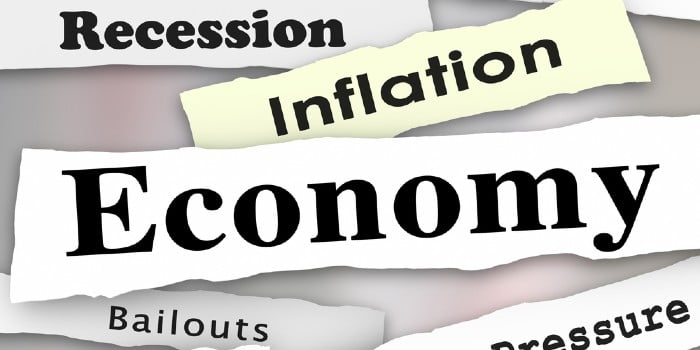24 April 2024 – Current economic conditions still pose a challenge for many small businesses. However, the latest Office of National Statistics report suggests a steady recovery for SMEs in some areas.
Of the 9,666 responses from the Wave 106 survey data in this report, 95% reported an active trading status in April 2024.
In total, the reported trading status of all surveyed businesses is broken down into:
- 87% fully trading
- 8% partially trading with reduced hours or staff
- 4% temporarily paused trading
- 2% permanently ceased trading
Recorded business performance varies among industries
The ONS report also examined the overall performance of actively trading businesses between March 2023 and March 2024.
More than one in six, or 17%, disclosed a decrease in business performance in the same period.
Businesses reported the most significant decline in accommodation and food service activities, manufacturing, and wholesale and retail trade.
In particular, the accommodation and food service activities suffered a consistent decline, with 37% reporting this for January 2024, 27% for February 2024, and 29% for March 2024.
On the other end of the spectrum, 16% reported that their performance had increased over the same period. This figure is also broadly stable compared to February 2024.
Small businesses in education, the rest of manufacturing, and administrative and support services documented a boost in their growth.
In early April 2024, all trading businesses were asked about their forecasted business performance. 24% expect to improve their overall performance over the following 12 months, a number that is broadly stable with the sentiments from early March 2024.
Current turnover rate due to UK economic conditions
Based on figures from March 2024 and February 2024, 22% of businesses reported a decrease in turnover. SMEs in real estate, manufacturing, wholesale, and retail trade reported the most losses of all industries.
21% attributed a significant amount of influence to the economic landscape in the UK for their current turnover rate.
On the bright side, 34% declared having no issues with turnover, and many more are optimistic about their turnover rates for the coming months. For example, 21% anticipate revenue will improve for April and May 2024, while only 10% believe otherwise.
Pricing heavily affected by labour costs
Price increases for goods and services bought were common in 24% of actively trading businesses. The changes were observed by comparing the February 2024 and March 2024 figures.
Furthermore, 16% of trading businesses expect the prices of goods or services they provide to rise in the following months. The majority, or 62%, count on keeping it stable, while 2% think they will decrease.
The most significant factor affecting pricing was, unsurprisingly, labour costs. 24% believe the increase in the National Living Wage, at its highest since June 2023, offers no choice but to reflect the changes in their price tags.
Middle East conflict and Brexit shape global supply chain issues
In March 2024, the global supply chain disruption affected 6% of businesses with ten or more employees. Of that number, 41% credited the conflict in the Middle East as the main factor delaying supply.
Another defining factor is fallout from the UK exiting the EU at 19%. Lastly, 12% of trading businesses think a general shortage of materials was responsible for the delay.
Overall, the global supply chain disruption heavily affected SMEs in the wholesale and retail trade, manufacturing, transportation and storage, and human health and social work activities.
Our Opinion
Being a small business ourselves, we aren’t surprised by the ONS findings. We have felt the challenging economic conditions in the past year. Running a small business has become much harder for many reasons.
High costs due to high inflation and rising labour costs aren’t the only challenge. With people still struggling financially, they are less willing to spend their money for non-essentials. This has an impact on many small businesses.
Small businesses have had such a hard ride in the past few years for several reasons, with many calling on the government to help them. But unfortunately, no help or support was forthcoming, at least not much.
And the result is that our economy is on its knees. At the end of last year, the UK entered a technical recession, which means that the economy was shrinking. And even though it’s likely to be only a shallow recession, with GDP growing in January 2024, albeit by only 0.2%.
That’s exactly the issue: the economy is hardly growing at all, rather stagnating. Given that the vast majority of UK businesses are small and medium-sized enterprises (99%), it shows how they are doing.
Not too well. They are surviving rather than thriving. Unless they can turn the corner, and that’s only possible with proper government support, the economy is unlikely to grow any time soon.
So what can we say to fellow small businesses out there: hang in there and do your best.






